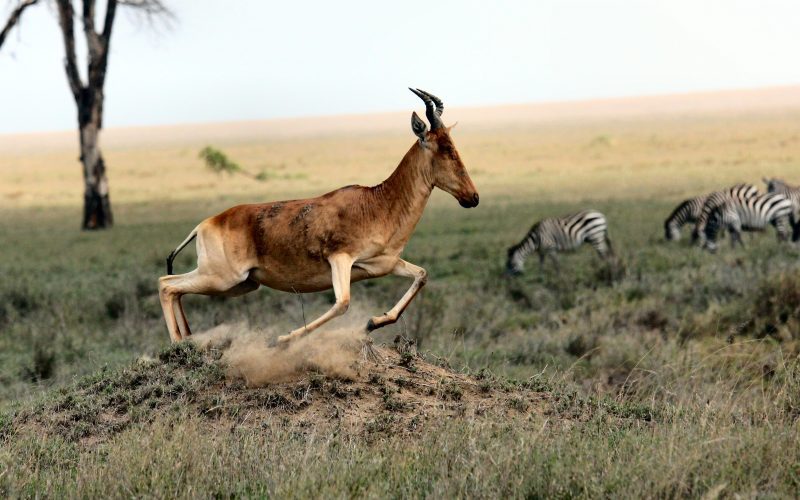As humans, we often pride ourselves on our sense of justice and fairness. We strive to create just societies, punish wrongdoers, and protect the vulnerable. But what about animals? Do they share our sense of justice? Do they have a concept of fairness?
These questions have long fascinated researchers and animal behaviorists. Over the years, numerous studies have been conducted to explore the evolution of fairness in animals. And the results have been surprising.
One of the most well-known studies on animal fairness was conducted on capuchin monkeys. In this study, two monkeys were placed in adjacent cages and given a simple task: handing a stone to the experimenter. For each successful handover, the monkey received a piece of cucumber. However, in some trials, one monkey was given a grape instead of cucumber for the same task.
The results were striking. When the monkey who received the cucumber realized that the other monkey was getting a grape for the same task, it became agitated and refused to cooperate. The monkey would throw the cucumber back at the experimenter or even refuse to take it. This behavior indicated that the monkey had a sense of fairness and was aware of the unequal treatment.
Similar studies have been conducted on a variety of other animals, including dogs, birds, and even rats. In one study on dogs, researchers found that they would become agitated if they saw another dog receiving a reward for a trick that they themselves had not been able to perform. The dogs appeared to be aware of the unequal treatment and reacted accordingly.
Of course, not all animals exhibit such behavior. Some animals, such as ants and bees, appear to operate more on a “collective” sense of fairness, where the good of the group is prioritized over the individual. However, the fact that some animals do exhibit a sense of fairness and justice challenges our assumption that these qualities are uniquely human.
So, what does this mean for us as a society? For one, it suggests that the desire for justice and fairness is deeply ingrained in our evolutionary history. It is not a purely human construct, but something that has developed over millions of years across a wide range of species.
Furthermore, it challenges us to re-examine our relationship with animals. If animals have a sense of fairness, then perhaps we need to reconsider our treatment of them. We cannot simply assume that we have the right to use and exploit them as we see fit. Rather, we need to approach animals with a greater degree of respect and empathy.
In conclusion, the evolution of fairness in animals is a fascinating and important topic. While we still have much to learn, the research conducted so far suggests that animals do indeed share our sense of justice. This challenges us to rethink our relationship with animals and to approach them with greater respect and empathy.












